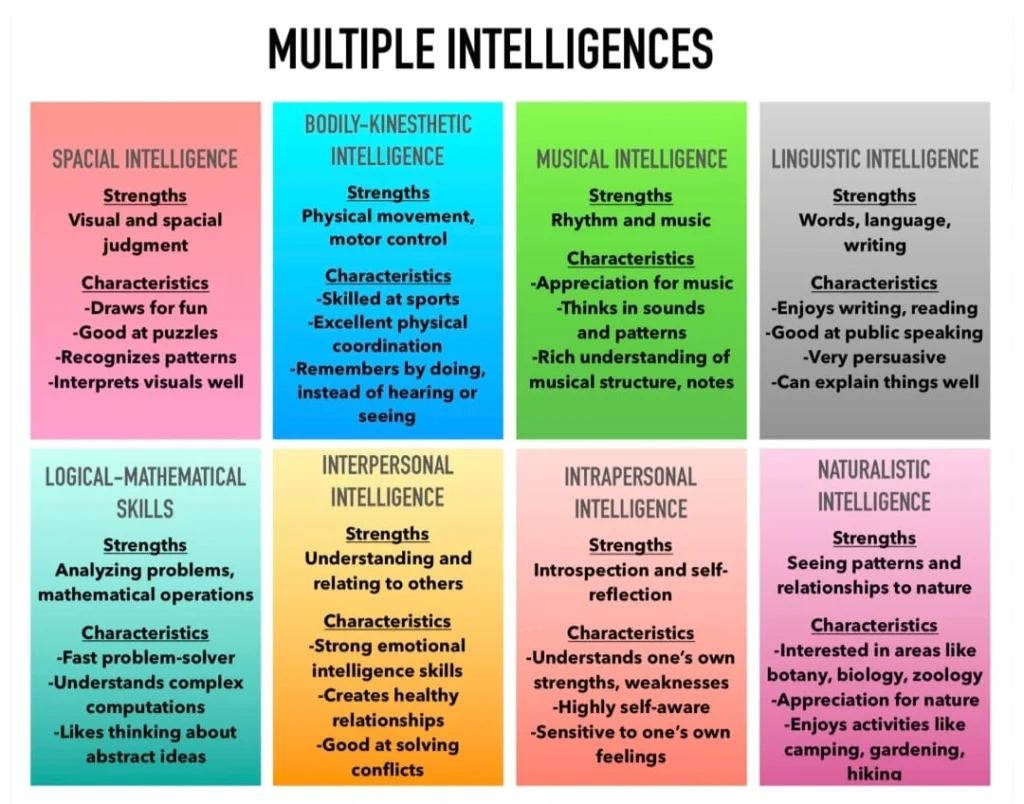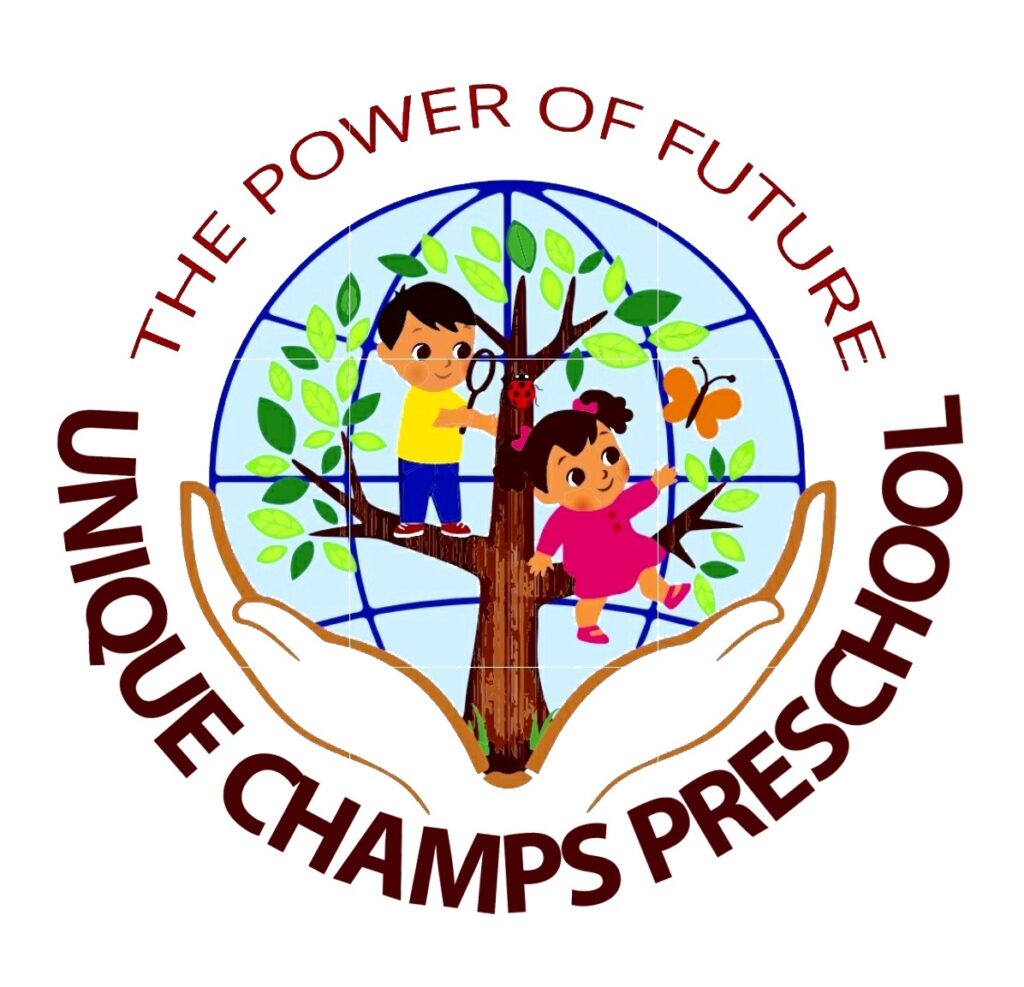Our Curriculum
At Unique Champs, we believe that early learning should be joyful, hands-on, and meaningful. Our curriculum is structured around core developmental domains and personalized to suit the learning pace and style of every child.
Teaching Methodology
Montessori Method
Inspired by Dr. Maria Montessori, Italy’s first female physician, we believe in letting children explore, discover, and grow independently.
Why It Matters:
🧠 Hands-on learning through real-life activities
🌱 Builds independence and confidence
📘 Encourages lifelong curiosity and responsibility
Learning the Montessori way is truly learning for life.

Play-Based Learning Highlights
At Unique Champs, we follow the Play-Way Method, introduced by Friedrich Froebel—the father of Kindergarten—who believed “Play is the work of the child.”
Why It Works:
Activity-Based & Hands-On
Children learn by doing, making lessons fun and memorable.Boosts Creativity & Self-Expression
Encourages imagination while strengthening memory.Inclusive & Child-Centric
Every child participates at their own pace and style.Stronger Child–Teacher Bond
Play builds trust and a joyful learning environment.Life-Oriented Learning
Equips children with both academic and real-life skills.
At Unique Champs, play is not just a method—it’s how children grow, discover, and shine.

Nurturing Every Intelligence, Month by Month

Montessori Curriculum
Practical Life
Develops motor control and coordination.
Develops independence, concentration, and a sense of responsibility.
- Fine Motor Development
- Care for Self
- Care for Environment
- Grace and Courtesy

Mathematics
- Learning mathematical concepts begins concretely and progresses towards the abstract.
- They are developed from simple to complex.

Language
Throughout the entire Montessori environment the child hears and uses precise vocabulary for all the activities.
- Spoken language emphasized as foundation.
- Writing letters taught using tracing.
- Reading taught through phonics.

Sensory Learning
Children explore the world through their senses — seeing, touching, smelling, tasting, and hearing — rather than just reading or memorizing.
Key Sensory Areas:
Visual
Tactile
Auditory
Baric
Olfactory
Gustatory
Hands-on examples: Pouring, spooning, opening & closing, rolling mats — all help develop focus, coordination, and a sense of order.

Cultural
Typically include
- History
- Geography
- General Science
- Botany
- Zoology
- Art
- Music
- Etc…

Syllabus
Literacy
Numeracy
Awareness
Rhymes
Story Telling
Art & Craft Work
Phonics
Ready to give your child the best start?
Join hundreds of families who trust BrightMinds for their child’s early education and development.
